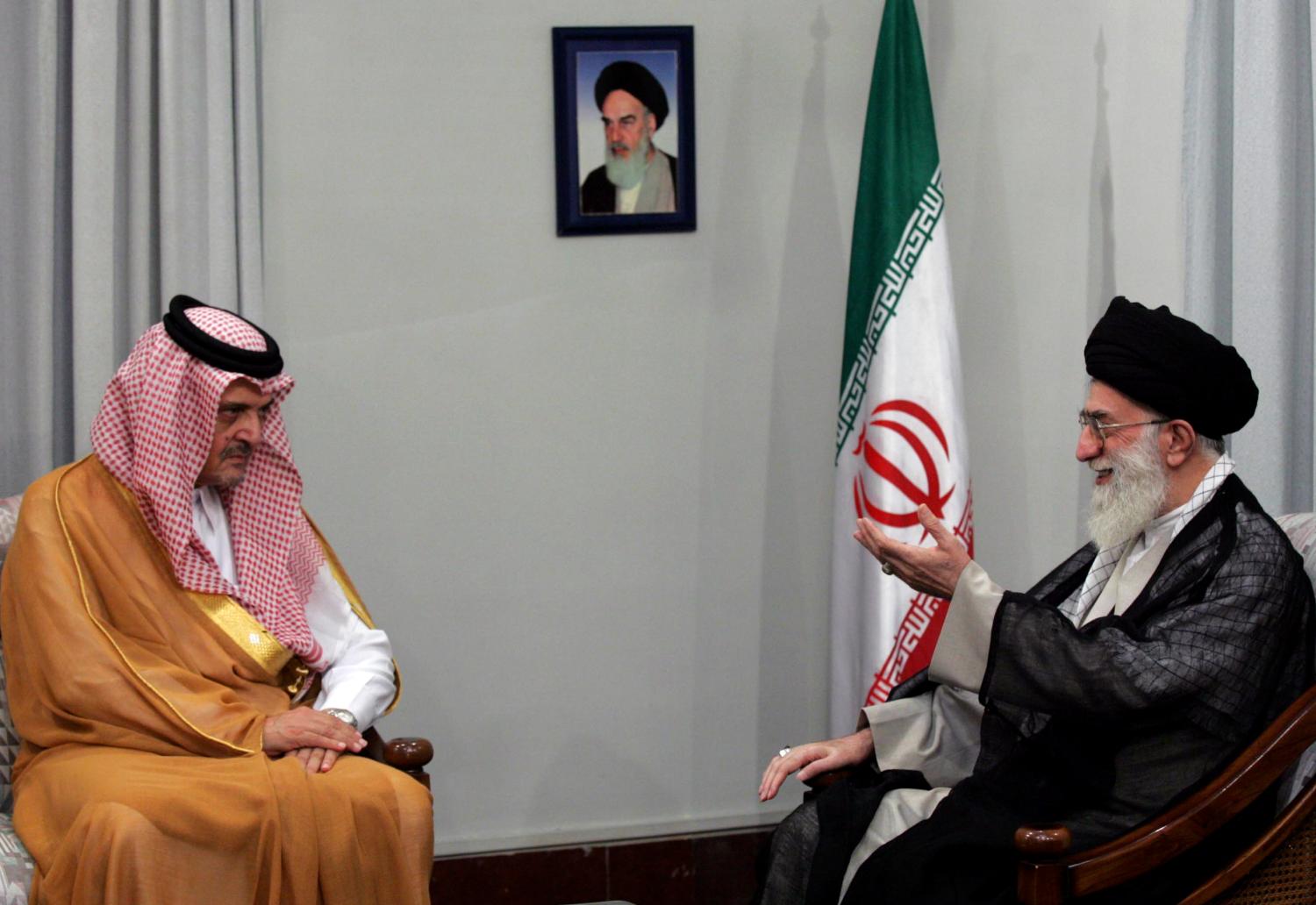Content from the Brookings Doha Center is now archived. In September 2021, after 14 years of impactful partnership, Brookings and the Brookings Doha Center announced that they were ending their affiliation. The Brookings Doha Center is now the Middle East Council on Global Affairs, a separate public policy institution based in Qatar.
From Syria and Iraq to Libya and Yemen, the Middle East is once again rife with conflict. Much of the fighting is along sectarian lines, but can it really be explained simply as a “Sunni versus Shia” battle? What explains this upsurge in violence across the region? And what role can or should the United States play?
In a new Analysis Paper, F. Gregory Gause, III frames Middle East politics in terms of a new, regional cold war in which Iran and Saudi Arabia compete for power and influence. Rather than stemming from sectarian rivalry, this new Middle East cold war results from the weakening of Arab states and the creation of domestic political vacuums into which local actors invite external support.
Read “Beyond Sectarianism: The New Middle East Cold War”
Gause contends that military power is not as useful in the regional competition as transnational ideological and political connections that resonate with key domestic players. The best way to defuse the conflicts, he argues, is to reconstruct stable political orders that can limit external meddling.
Noting the limits in U.S. capacity to do so, Gause recommends that the United States take a modest approach focused on supporting the states that actually govern, acting multilaterally, and remembering that core U.S. interests have yet to be directly threatened.
The Brookings Institution is committed to quality, independence, and impact.
We are supported by a diverse array of funders. In line with our values and policies, each Brookings publication represents the sole views of its author(s).



